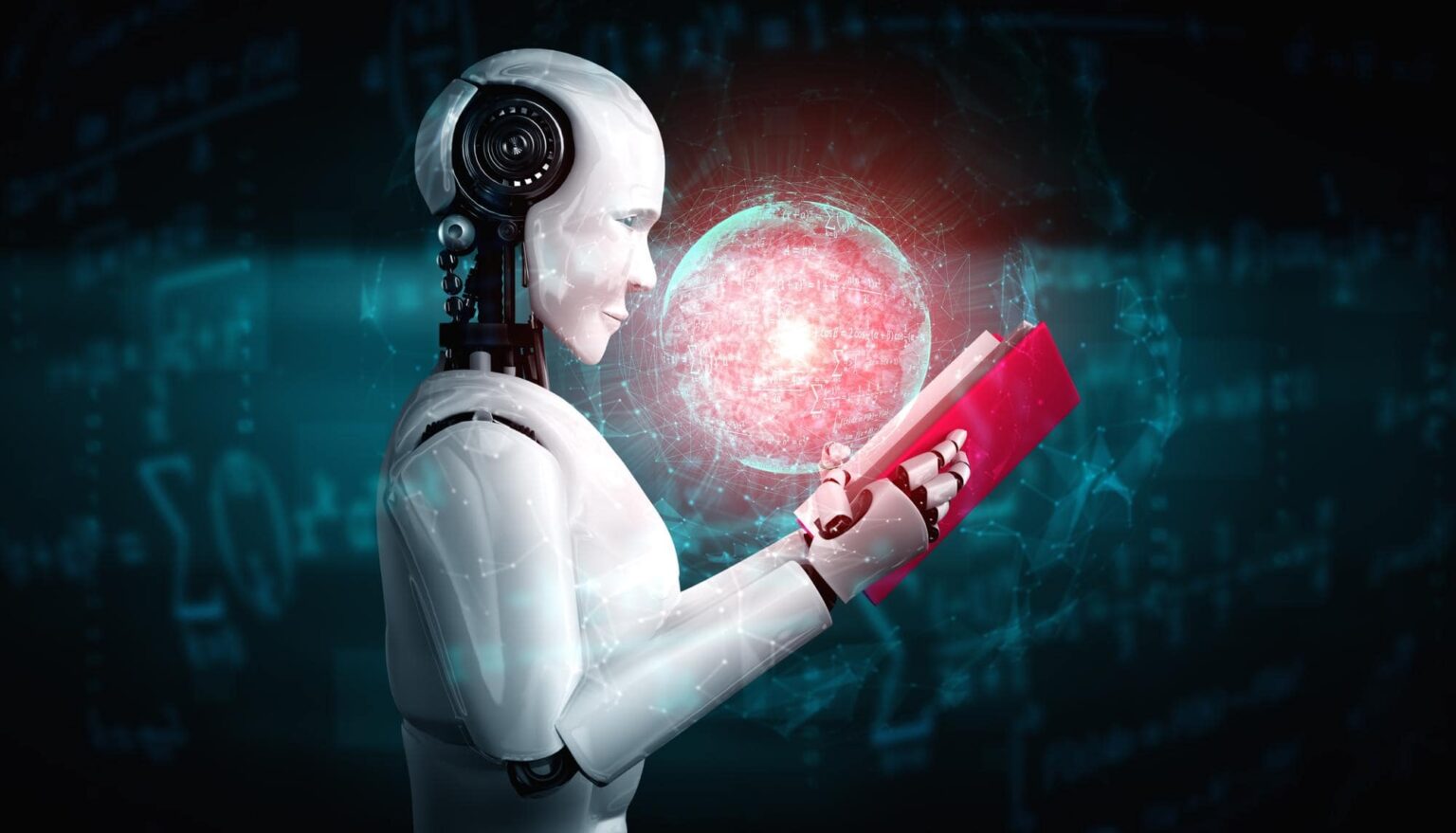Artificial Intelligence (AI) is transforming the field of education by enabling personalized learning experiences and intelligent tutoring systems. These applications of AI in education leverage technology to adapt to individual student needs, provide tailored instruction, and enhance the overall learning process. Here’s a closer look at the concepts of personalized learning and intelligent tutoring:
- Personalized Learning: Personalized learning aims to tailor education to each student’s unique abilities, interests, and learning styles. AI-powered systems can analyze vast amounts of student data, including performance, preferences, and learning patterns, to create personalized learning pathways. These systems can adapt instructional content, pace, and assessments to match each student’s specific needs, providing targeted support and promoting student engagement. Personalized learning enables students to learn at their own pace, fill knowledge gaps, and explore areas of interest, fostering a more individualized and effective learning experience.
- Intelligent Tutoring Systems: Intelligent tutoring systems use AI algorithms to provide individualized instruction and feedback to students. These systems can assess student knowledge, analyze learning gaps, and deliver customized content and guidance. By leveraging machine learning and natural language processing, intelligent tutoring systems can interact with students in a conversational manner, understanding their responses and adapting the instruction accordingly. These systems can provide real-time feedback, track progress, and offer personalized recommendations for further learning. Intelligent tutoring systems empower students to receive immediate support, improve their understanding of concepts, and enhance their problem-solving skills.
Benefits of AI in Education:
a. Individualized Instruction: AI enables educators to provide tailored instruction that aligns with students’ unique needs and abilities, fostering more effective learning outcomes.
b. Adaptive Learning: AI-powered systems can adapt to each student’s progress and adjust the difficulty level and content to optimize learning, ensuring that students are appropriately challenged.
c. Enhanced Student Engagement: AI technologies can offer interactive and immersive learning experiences, incorporating multimedia, gamification elements, and simulations to increase student engagement and motivation.
d. Real-time Feedback: AI can provide instant and personalized feedback to students, helping them understand their strengths and areas for improvement, and allowing educators to monitor student progress more effectively.
e. Efficient Resource Allocation: AI algorithms can analyze large amounts of data to identify patterns and trends, aiding educators in making data-driven decisions about resource allocation, curriculum design, and intervention strategies.
f. Accessibility and Inclusivity: AI-powered educational tools can accommodate diverse learning needs by providing accommodations, adaptive interfaces, and personalized supports for students with disabilities or specific learning requirements.
g. Teacher Support: AI technologies can assist teachers by automating administrative tasks, grading assessments, and generating insights from data, enabling educators to focus more on personalized instruction and student support.
Challenges and Considerations:
While AI in education offers significant benefits, some challenges and considerations need to be addressed:
a. Data Privacy: The collection and analysis of student data raise concerns about privacy and security. Robust policies and safeguards must be in place to protect sensitive student information.
b. Ethical Use of AI: It is important to ensure that AI systems in education are designed and used ethically, with transparency, fairness, and accountability in mind.
c. Teacher-Student Relationship: AI should be seen as a tool to support teachers, not replace them. It is crucial to maintain a balance between AI-powered tools and the valuable human interaction between educators and students.
d. Equity and Access: Ensuring equitable access to AI-powered educational technologies and bridging the digital divide is essential to prevent further inequalities in education.
As AI continues to advance, personalized learning and intelligent tutoring systems hold immense potential to revolutionize education, empower learners, and support educators in creating dynamic and effective learning environments.



